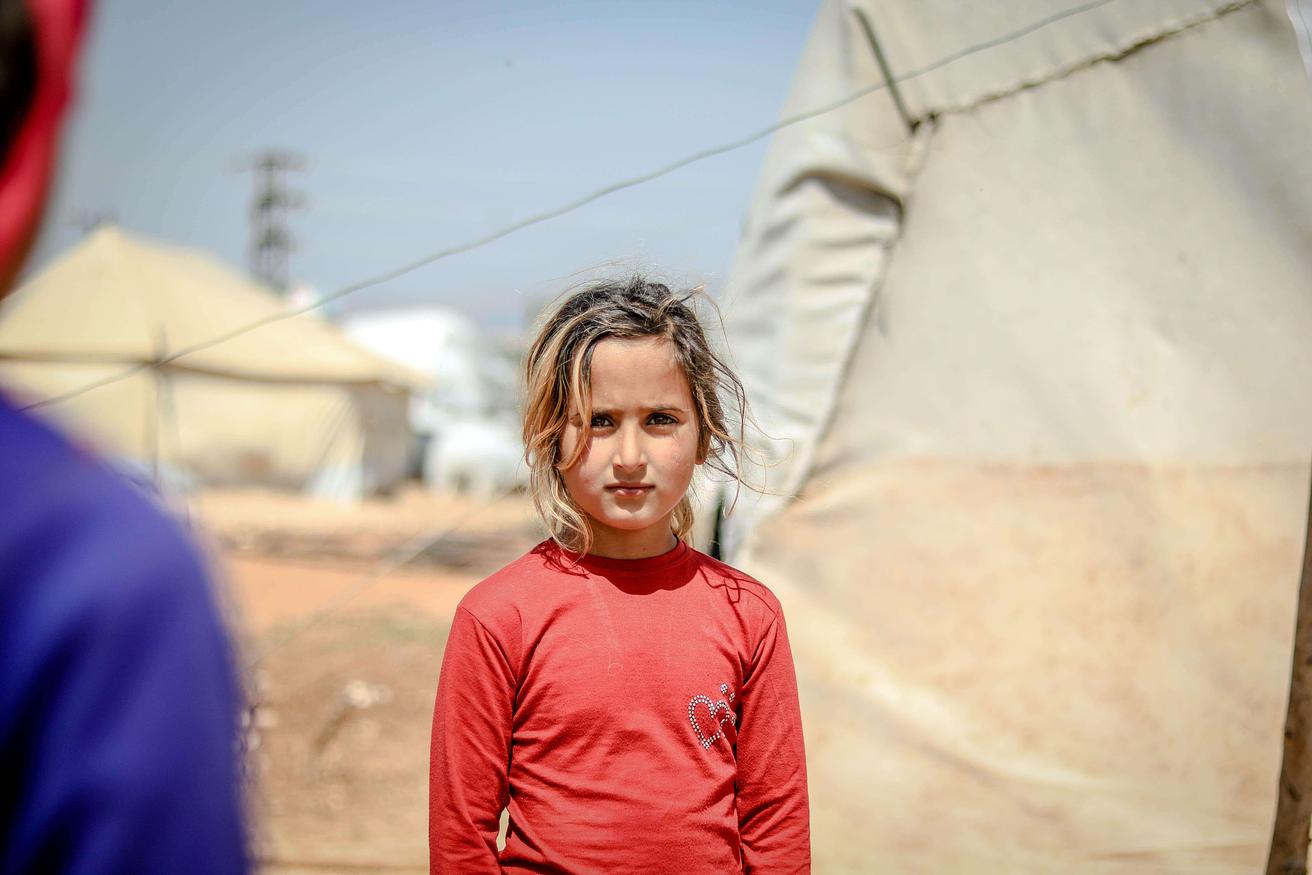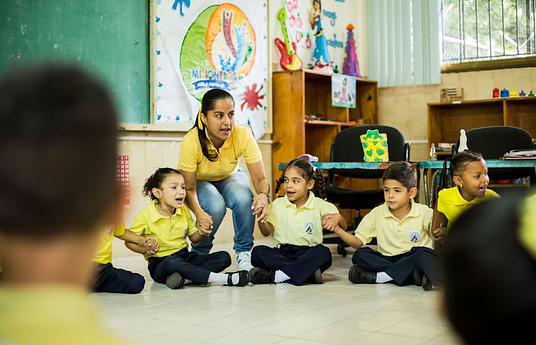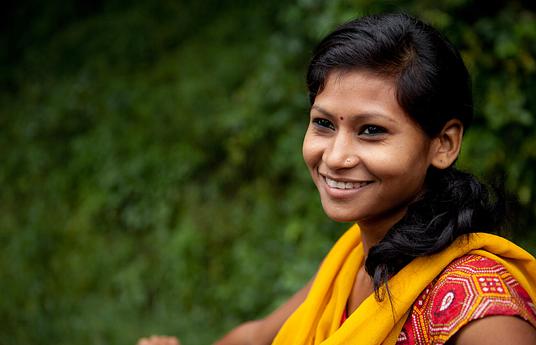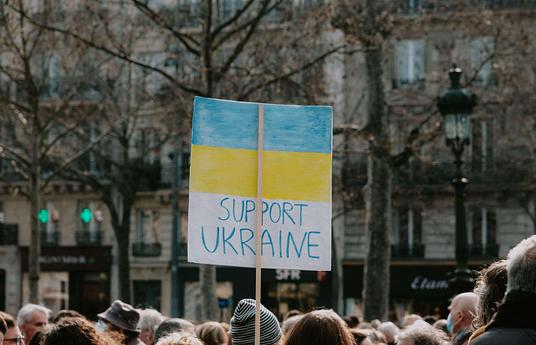Recent escalating conflicts, natural disasters, pandemics and other crises are keeping a record number of children out of school, with numbers on the rise. 82.4 million people were estimated to be forcibly displaced at the end of 2020, suggesting that nearly half of school-aged refugee children are out of school. Children in countries affected by such crises are more than twice as likely to not be at school than those in non-conflict zones, and they encounter a wide range of challenges from losing access to basic resources such as water, food, health care, and education to losing their homes or even loved ones. Although access to quality education can be highly compromised in contexts of crisis, it is in these emergency settings when education is needed the most, so that children’s futures will not be defined by these crises.
Education in emergencies refers to opportunities of inclusive and quality learning across all ages from early childhood to adult education in crisis situations, to provide psychosocial, cognitive and physical protection that will support and sustain lives.
Hence, education in these settings goes beyond the right to learn. For children in emergency situations, schools can ensure that children’s basic needs are met, and they can offer psychosocial support to cope with trauma and the impact of displacement and violence. Schools can protect children from acute threats such as forced marriage or recruitment into armed groups. In the case of education for refugee populations, schooling can enable refugee children to learn not only about themselves but also about the society around them while seeking to rebuild their communities and lives, empowering and helping them to thrive through challenging times.
When asking parents and children living in contexts of crisis what they need the most, the first priority was to continue their education. Innovations involving different stakeholders and adapted to diverse contexts are crucial to address refugee children’s needs and protect them from future threats to their wellbeing. As less than 3% of humanitarian aid was spent on education in 2020, and taking into account the big existing disparities in access to quality education, social innovations addressing education in emergencies can be extremely valuable to ensure equitable and inclusive quality education for all by 2030, as stated by Sustainable Development Goal 4.
4 innovations focused on education in emergencies
We have gathered some inspiring innovations that address education in different crises and contexts:
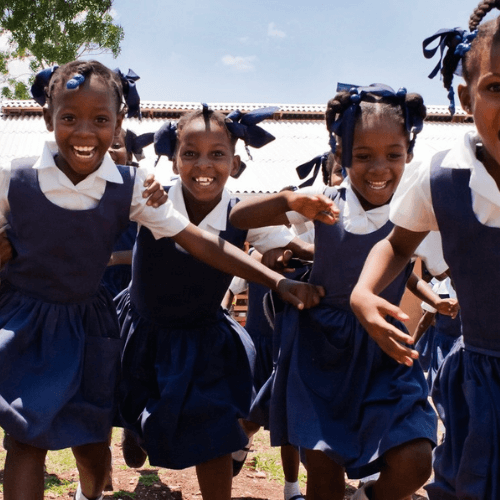 | Girls Rising is a global non-profit promoting empathy, and inspiring students to become local change-makers global citizens. Although it all started with a film, their main foundation is the use of storytelling with powerful stories of girls confronting the barriers of different situations, to raise awareness and promote students to see beyond their borders. There is also a free curriculum that can be taught across different areas both in formal and informal settings. In response to COVID, a new interactive web-based module was created, through which young people value their education, think critically and believe in their own capacity to create change. | |
.png) | Can’t wait to learn (Sudan) provides education through research-driven, curriculum-based and context-specific gaming technology. It is based on mathematics games on tablet computers, using solar power and community facilitators so that education is brought to children directly in their villages. And what’s more, the games are co-created with them, (the children!), so that they are contextually, culturally and curricula appropriate. After rigorous monitoring, the findings show that the model improves learning outcomes, and has already been implemented in the Education in Emergencies sectors of Jordan, Lebanon, Uganda, Sudan and Chad. | |
.png) | Aulas de Paz (Venezuela) is building a culture of non-violence and peace in contexts of violence by developing social and emotional learning initiatives in schools and communities located in rural and urban slums. It takes place during the school year through the implementation of a manual designed by Aseinc, which is divided into three modules: “I recognize myself”, “I recognize you”, “We live together”. The wide range of activities aims at providing tools of management of emotions first at school contexts to then be transferable to the community. | |
.png) | Rising on Air (Sierra Leone) was created as a response to the school closures globally due to the COVID-19 pandemic. It provides dynamic and engaging lessons via radio and SMS, for students without internet connection, ensuring the learning meets the national standard through partnerships with governments. It covers literacy, numeracy and language arts across five different levels in K-12. It also includes teacher professional development content to connect teachers to their professional learning community, as well as messages about teachers’ wellbeing and mental health. |
We are aiming to identify more effective education innovations that can foster access to education in contexts of crisis and social disruption and improve the quality of education in emergencies. By highlighting these innovations we intend to help scale successful practices across different settings and increase awareness about the importance of giving continuity to education in humanitarian contexts.
Are you an innovator working in Education in Emergencies? We would love to hear about your initiative solution. Submit your innovation to our HundrED Global Collection 2023 by June 1st, 2022.
If you are not an innovator, but you know an organisation doing great work in the field of Education in Emergencies, send us an email at research@hundred.org with a link to their website.
Help us spread the word and share this article with your network!
